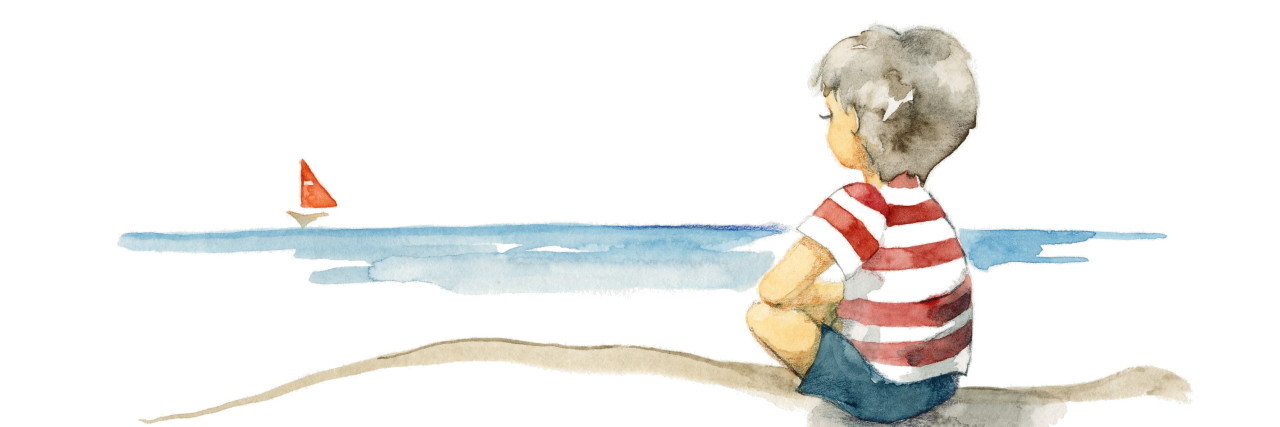Despite four years of medical school, three years of residency and over a decade in practice, I was never taught the profound connection between high childhood stress and increased risk of chronic disease. It was at a community event sponsored by our local school district that I first learned it, as I watched the documentary entitled, “Resilience: The Biology of Stress and the Science of Hope.” Suddenly, the medical education I had been accumulating over years and years took a leap in an hour. I felt all at once grateful for the new awareness, yet stunned and also troubled by the deep public health implications.
The documentary told about the adverse childhood experiences (ACEs) study, initially published over 20 years ago (but still holding utmost pertinence), which showed people who experienced abuse, neglect, abandonment, poverty and other major stressors in childhood went on to have a hugely increased risk of physical and emotional health problems, including obesity, heart disease, type 2 diabetes, depression, anxiety and addiction. The statistics are staggering, but yet supportive of our intuitive observations all along: high stress is bad for our health. Research has shown chronic stress can suppress the immune system, change blood flow, alter metabolism, increase inflammation and even change how genes are expressed. I knew about all that. But somehow, even as a pediatrician, I didn’t realize it started so young.
Featured in the “Resilience” documentary as an early pioneer in the “trauma-informed care” movement, pediatrician Nadine Burke Harris noticed a huge disparity in health between the patients from her inner city clinic and those from other neighborhoods across town. Kids experiencing high stress and trauma tended to fall off the growth charts. Their underlying chronic conditions, like asthma, tended to be more severe or difficult to manage. The children from unstable environments carried a disproportionate number of behavioral health diagnoses like anxiety, depression and attention deficit/hyperactivity disorder (ADHD). Dr. Burke Harris had a patient population with such a high number of traumatized kids that the bodily manifestations of extreme stress became an evident pattern. It led Dr. Burke Harris to do research of her own and to connect with others making parallel discoveries. She tells of it in her book, “The Deepest Well: Healing the Long-Term Effects of Childhood Adversity.”
Though Dr. Burke Harris first saw profound stress effects in an inner city neighborhood, adverse childhood experiences and other stressors occur among all socioeconomic groups. The ACEs study involved over 17,000 “mostly middle and upper-class, college educated” participants in the Kaiser-Permanente health plan and demonstrated over two-thirds had an ACE score of one or more. As the ACE score got higher, the risk of chronic disease increased as well. In other words, the toxic effects of stress seemed to be dose-dependent.
Not all stress is bad — we need a degree of it to stay safe and motivated — but most of us carry more than this functional level. Michele Kambolis, Canadian therapist and author of “Generation Stressed” says, “There has been an exponential shift in terms of our lifestyle. Our culture is now putting an inordinate amount of pressure on children to produce and achieve.” The kids are feeling it. One of my clients, a high school senior, expressed it this way: “Adults want us to be everything. We’re supposed to earn money for college, keep our grades up, be involved in extracurriculars and somehow still find time to sleep, exercise and eat well. It’s an impossibility.” No wonder there are such high rates of anxiety!
The data connecting stress to disease need not serve as a prediction of doom, but as a revelation to inspire action. The first step is awareness. Read about the ACEs study. Take the ACEs questionnaire. If you have unresolved traumas from your past, find resources to help you address them. Begin weeding out unnecessary stress in your own family. If you are a parent or caregiver struggling to provide a stable or safe environment for your children, get help. Advocate for the children in your community. Studies show one of the most powerful buffering factors for kids experiencing toxic stress is having at least one supportive, caring adult in their lives. Who in your circles needs you to provide this role? Studies also show a healthy foundation of sleep, nutrition, exercise and coping strategies can also mitigate stress effects. Seek to establish healthy habits in your family. Don’t overschedule your kids. Learn mindfulness. Practice yoga. Go outside. Take a deep breath.
As Mahatma Gandhi said, “We must become the change we want to see in the world.” Rather than chasing after our goals at the expense of well-being, let’s care for ourselves and each other. Let the healing begin now.
Getty image by izumikobayashi

